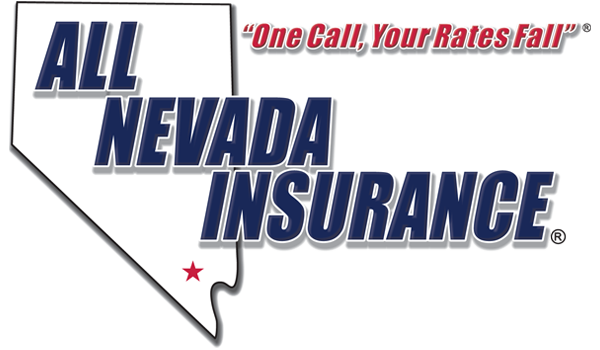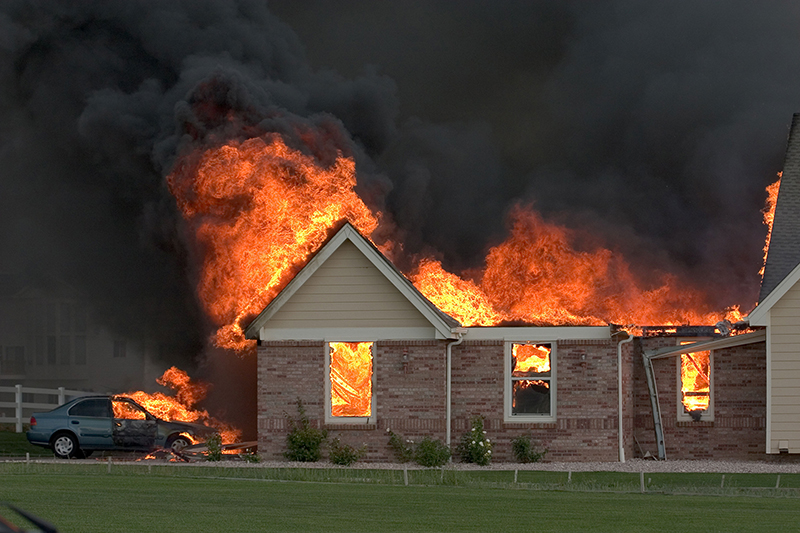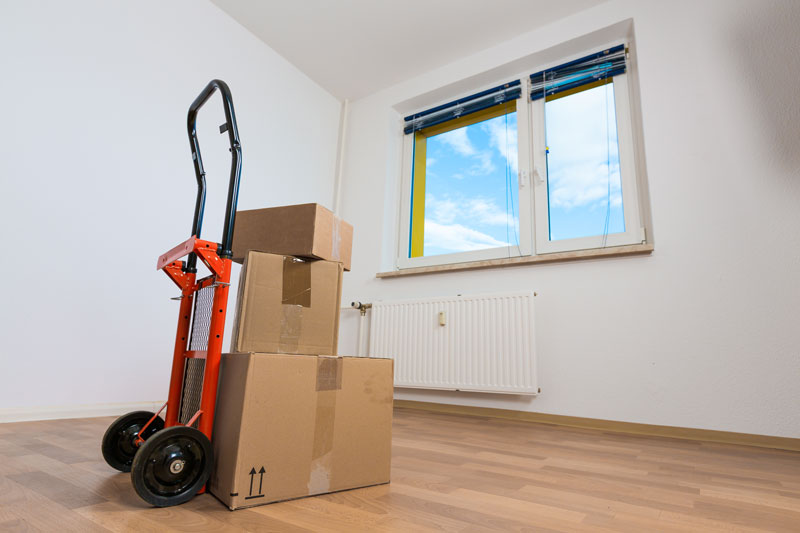
What you should know about your income before becoming a franchise owner.
All prospective franchisees have one thing in common: curiosity. They’re all curious about income – and for good reason. They all want to know how much they’re going to make so that they can determine if it is worth it. After all, if they are going to be investing their own money, they should be able to predict their salary range.
If you’re looking to become the owner of a franchise, it’s important that you know some basics first. One of them is your salary. It’s worth noting that there is no one solid figure that franchise owners can rely on. It all depends on the industry, how many hours you put into the business, what your lifestyle is like, among others.
Firstly, it’s important to determine if franchising is for you. It’s wise not to base your next career solely on a potential salary, so look for a franchise that inspires you, motivates you, and one that you are truly passionate about. If you dislike the industry, you’re likely to dislike the franchising ownership.
If you’re looking at becoming the owner of a start-up franchise business, you may not have a salary coming in during the beginning stages of your new business. You may have just invested some of your own money into a brand-new business, may have got a small business loan to cover the balance of the total franchise costs, and you may not have any customers for the first couple of weeks. That is why it is so important to go into franchising with the right company. They will be able to give you the help that you need to get up and running quickly and effectively, meaning that you can have business in no time!
When you do open up the franchise, you’ll certainly have money coming in. But even so, it may not be able to go into your pocket – it should go back into the business. You’ll have expenses to cover such as rent, inventory, advertising, and utilities. Your goal needs to be breaking even. It’s at that point in which your revenue pays your business expenses.
Talk to the franchising business, as they may be able to tell you how much you’ll make as a franchise owner. Finding information out has to do with income, and other pertinent information regarding the operation of the business needs to be part of your franchise research. Only then will you have the whole picture!
To get started on the right franchise for your needs, visit the team at All Nevada Insurance for an exciting franchise opportunity!


 Our Locations
Our Locations










